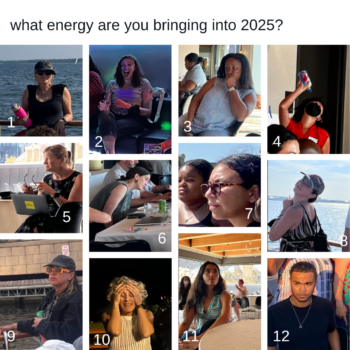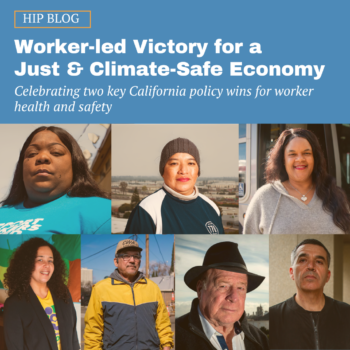| By Fabiola Santiago |
I was in Thailand when the Ferguson case erupted. Traveling was a long-held dream come true – up until two years ago I was undocumented and couldn’t risk leaving the country. But even on this two-month trip to Southeast Asia, I could not avoid racism.
- In Vietnam, I overheard a white man talking about his entrepreneurial plans, one being “Hire illegal Mexicans. They work hard and will do anything for very cheap.”
- People seemed confused when I said I’m from the U.S., as if my appearance didn’t fit their idea of “American.” They’d often respond, “What about your parents?”
- When telling other travelers I was born in Mexico, but have lived in the U.S. most of my life, I was asked several times if I was an illegal Mexican who jumped the border.
When Darren Wilson was not indicted, my friends and colleagues in the U.S. shared my outrage. But some of my fellow Americans at the camp where I was staying betrayed attitudes that showed how far we still have to go.
A traveler from Missouri said, “I don’t think the officer should’ve been indicted anyway – even the witnesses are changing their stories. The officer was in his right to defend himself. I think blacks are making such a big deal about this. They have the same opportunities as everyone else, in fact, they have better opportunities than me because they get money to go to school and I didn’t.”
I cringed when I heard this. I responded with examples of how blacks and other people of color in the U.S. actually do not have it easier. Though my examples came from personal experiences, knowledge, and research, they weren’t accepted as valid. Someone else jumped in to remark that black communities have these problems because it’s their culture, it’s in their value system, and it’s in their family structure.
This ignorant pathologizing of a people is damaging, especially in terms of mental and socio-emotional health. Black Americans fare worse on measures of health and quality of life compared to their white counterparts.
Starting from birth, black infants are more than twice as likely to die within the first year of life as white infants. Blacks also fare worse in low birth weight, pregnancy-related complications, and maternal mortality. Socioeconomic factors account only for some of these disparities.
After a black baby makes it through its first year of life, the odds are still against him or her. Nationwide, the graduation rate for black males is less than 50%. Blacks are incarcerated at nearly six times the rate of whites. African-Americans have particularly fared poorly in the War on Drugs: even though 5 times as many whites use drugs as African-Americans, African-Americans are sent to prison for drug offenses at 10 times the rate of whites.
If we truly believe that black lives matter, we must take responsibility to end not only police violence, but the wide range of policies and programs that are literally killing people.




